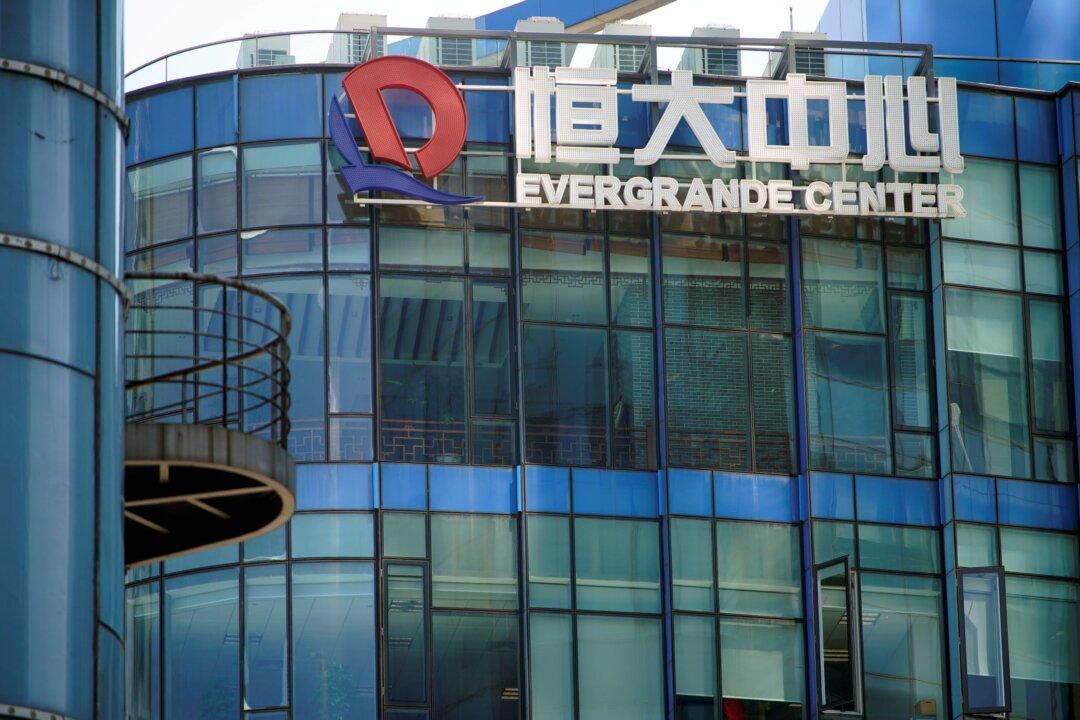The collapse of Chinese property giant Evergrande will be contained before it will significantly affect the Australian economy, Prime Minister Scott Morrison said.
“When it comes to Evergrande, this is principally an issue in China, and that addresses their financial stability,” Morrison told reporters in Washington D.C. ahead of the Quad Summit.





